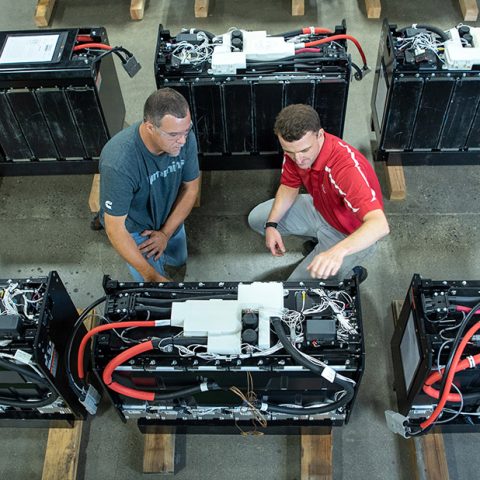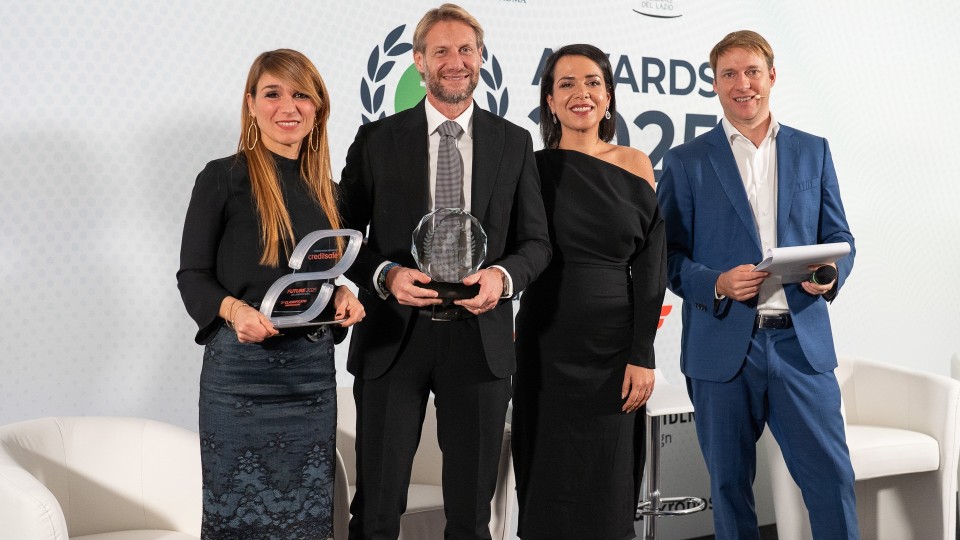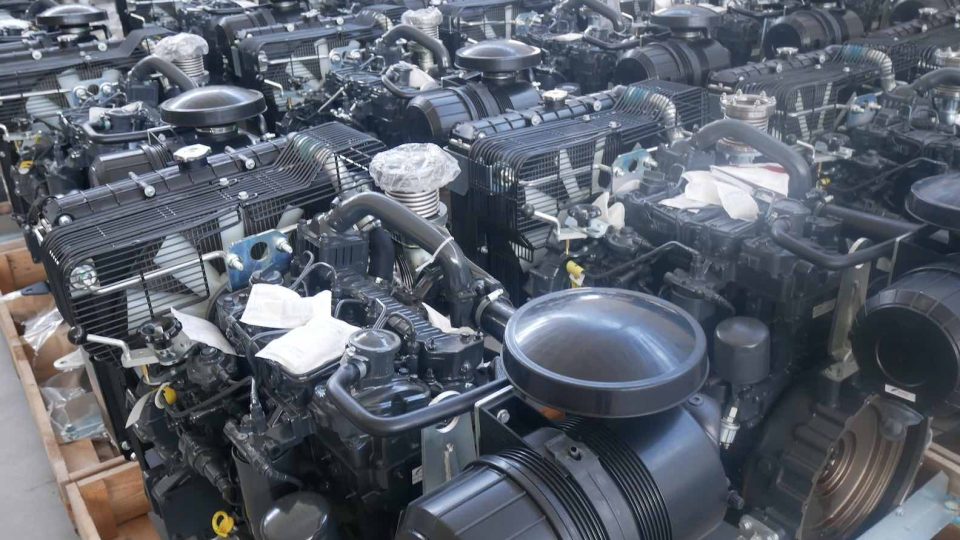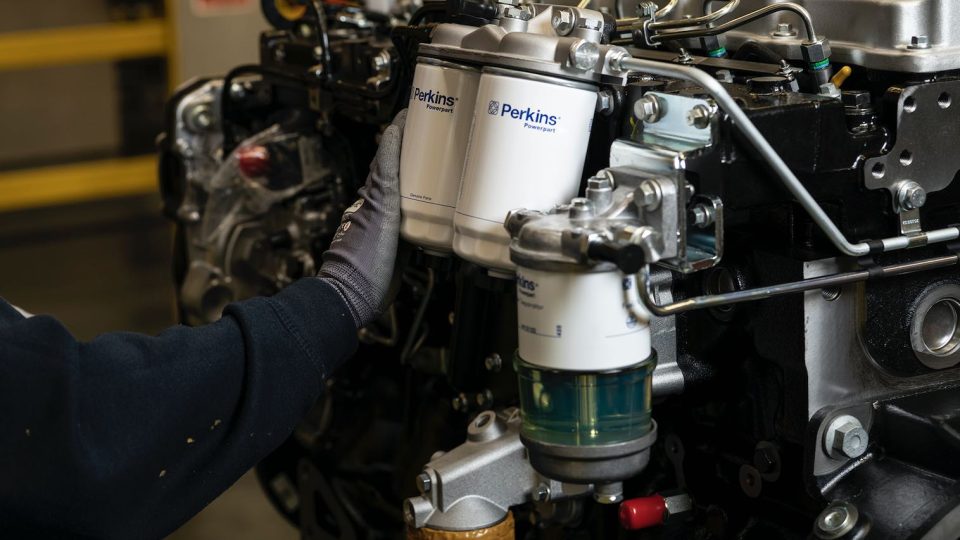US administration invests in energy storage
Biden-Harris administration Aannounces $325 million for long-duration energy storage projects to increase grid resilience. Cummins is one of the pioneers of this technological approach.

The near future of energy is played out in storage, be it electricity, hydrogen, liquefied gas or other. The US administration has sent a signal to its stakeholders on the eve of the controversies of the presidential election.
US DOE for long-duration energy storage
According to energy.gov, the U.S. Department of Energy (DOE) announced up to $325 million for 15 projects across 17 states and one tribal nation to accelerate the development of long-duration energy storage (LDES) technologies. Funded by President Biden’s Bipartisan Infrastructure Law, these demonstration projects will increase community control of local power systems, mitigate risks associated with disruptions to the grid, and help communities develop reliable and affordable energy systems. Today’s announcement will help DOE realize its Long Duration Storage Shot goal of reducing the cost of LDES by 90% by 2030 and supports the Biden-Harris Administration’s efforts to advance critical clean energy technologies, expand the adoption of renewable energy resources, and strengthen America’s energy security.
Diving into details
The LDES Demonstrations Program, managed by DOE’s Office of Clean Energy Demonstrations(OCED), funds a range of different technology types intended to overcome technical and institutional barriers to full-scale deployment of LDES systems in diverse geographies and climates. Projects selected will feature a range of intraday (10 to 36 hours) and multiday (36 to 160+ hours) storage solutions, which can minimize the frequency and length of power interruptions caused by events such as severe weather or cyberattacks on the grid. Some selected projects seek to pursue innovative approaches to the re-use and recycling of retired batteries—supporting the growing domestic electric vehicle industry and creating new economic opportunities while delivering environmental benefits to communities across the country.
Selected projects under the LDES Funding Opportunity include:
- Communities Accessing Resilient Energy Storage (CARES) (Red Lake Nation, Santa Fe, NM, and Petaluma, CA) — Led by Rejoule, this project aims to utilize retired EV batteries to provide demand reduction, load shifting, and resilience to two affordable housing complexes and a Red Lake Nation workforce development campus. Rejoule plans to collaborate with other stakeholders to expand workforce opportunities, such as preparing youth, women, and other individuals with barriers to entry for high-quality, good-paying careers in the clean energy sector.
- Second life Smart Systems (SMART) (Atlanta, GA, San Diego, CA, Orangeburg, SC, Denmark, SC, and New Orleans, LA) — Led by Smartville Inc., this project seeks to take advantage of retired electric vehicle lithium-ion batteries to build stationary storage systems that bring grid resiliency, increase energy affordability, and supply backup-up power to senior centers, low-income multi-family affordable housing complexes, and EV charging facilities. This project will include high-tech career employment training at several Historically Black College and Universities.
- Multiday Iron Air Demonstration (MIND) (Becker, MN and Pueblo, CO) — Led Xcel Energy, in partnership with Form Energy, this project seeks to accelerate the commercialization and market development of multiday storage, including by deploying two 10 megawatt 100-hour LDES systems at retiring coal plants in Minnesota and Colorado. Through collaborations with stakeholders, including labor unions such as the International Brotherhood of Electrical Workers, the project team plans to develop pathways to employment for communities near the LDES sites and other workforce development initiatives.
- Children’s Hospital Resilient Grid with Energy Storage (CHARGES) (Madera, CA) — Led by the State of California through the California Energy Commission, this project aims to provide critical power backup for an acute care hospital and will provide resiliency in a region that is increasingly at-risk for significant power outages due to fires, storm surges, floods, extreme heat, and earthquakes. In collaboration with Faraday Microgrids, the project team will install a 34.4-megawatt hour battery system for the Valley Children’s Hospital, which is located in an underserved community.
Cummins and the University of California San Diego
The agreement between Cummins and the University of California San Diego on second-life battery development dates back as far as five years. Cummins pioneered. The partnership with UC San Diego represents one of the first lithium-ion battery projects to exclusively study second-life battery capabilities with batteries that were designed for commercial applications.







